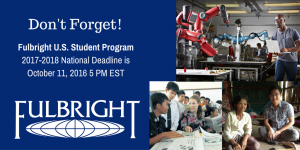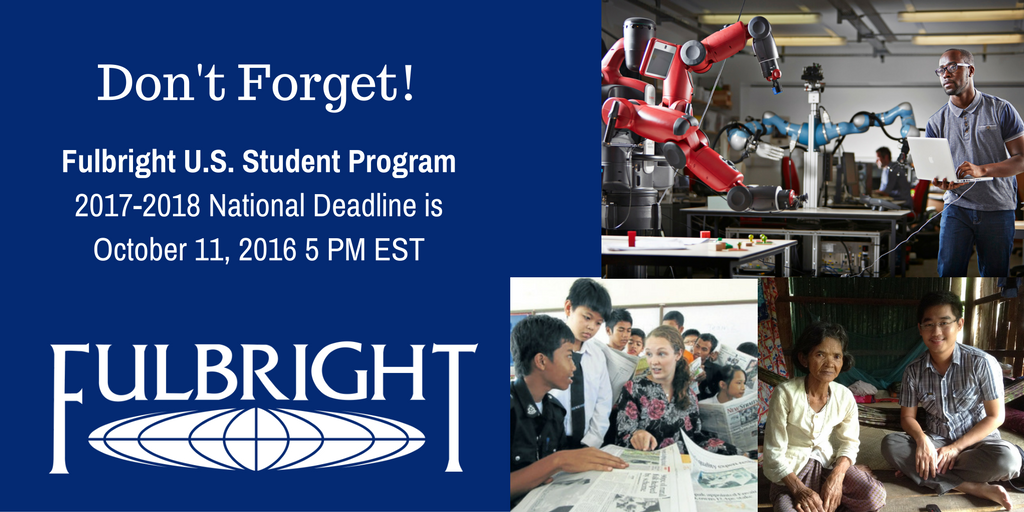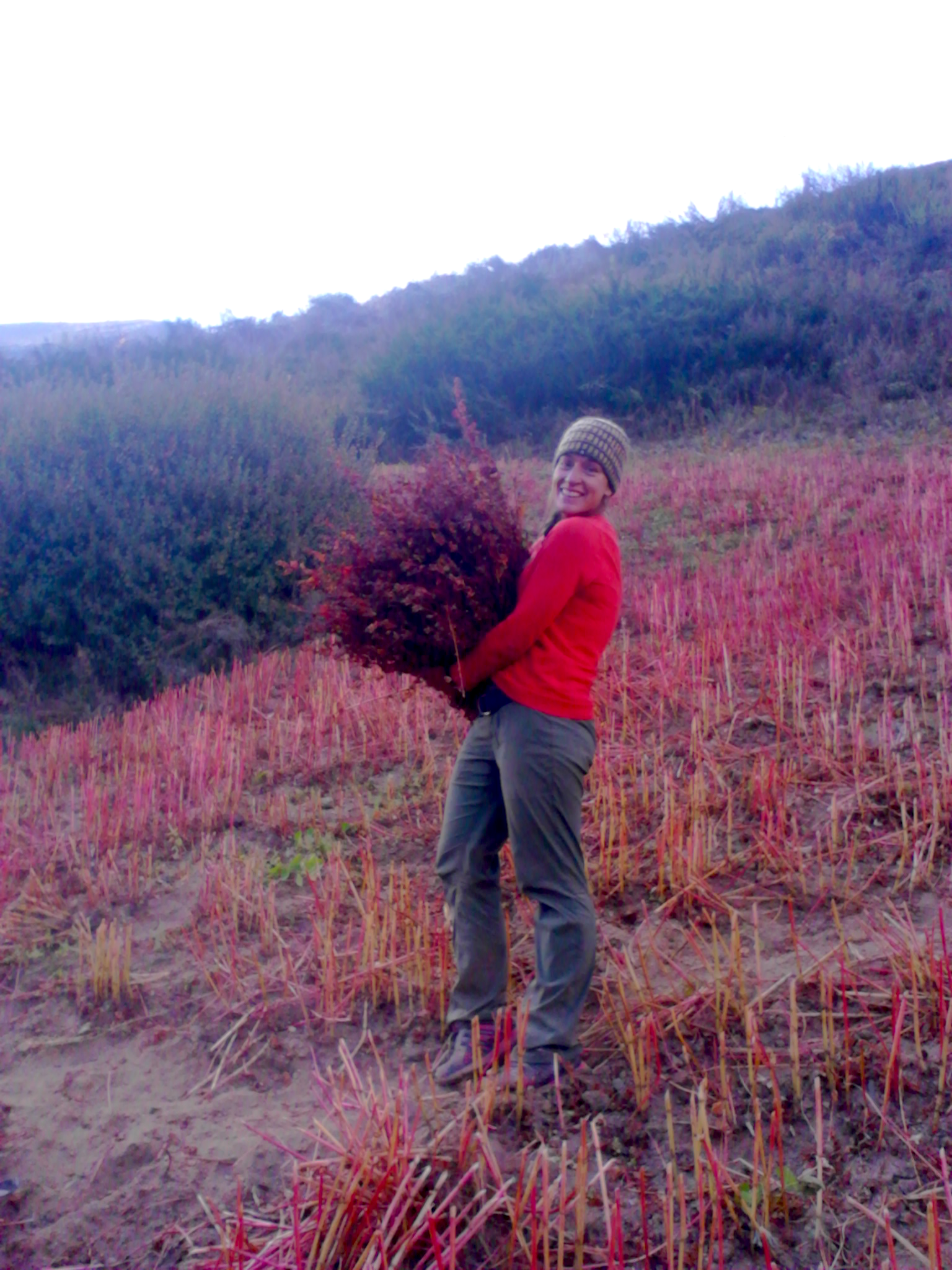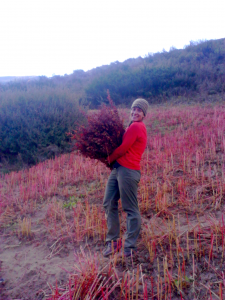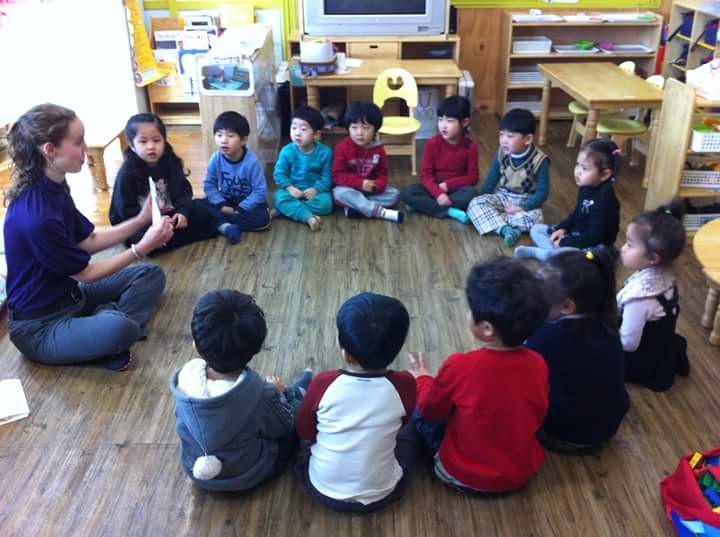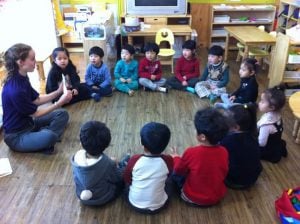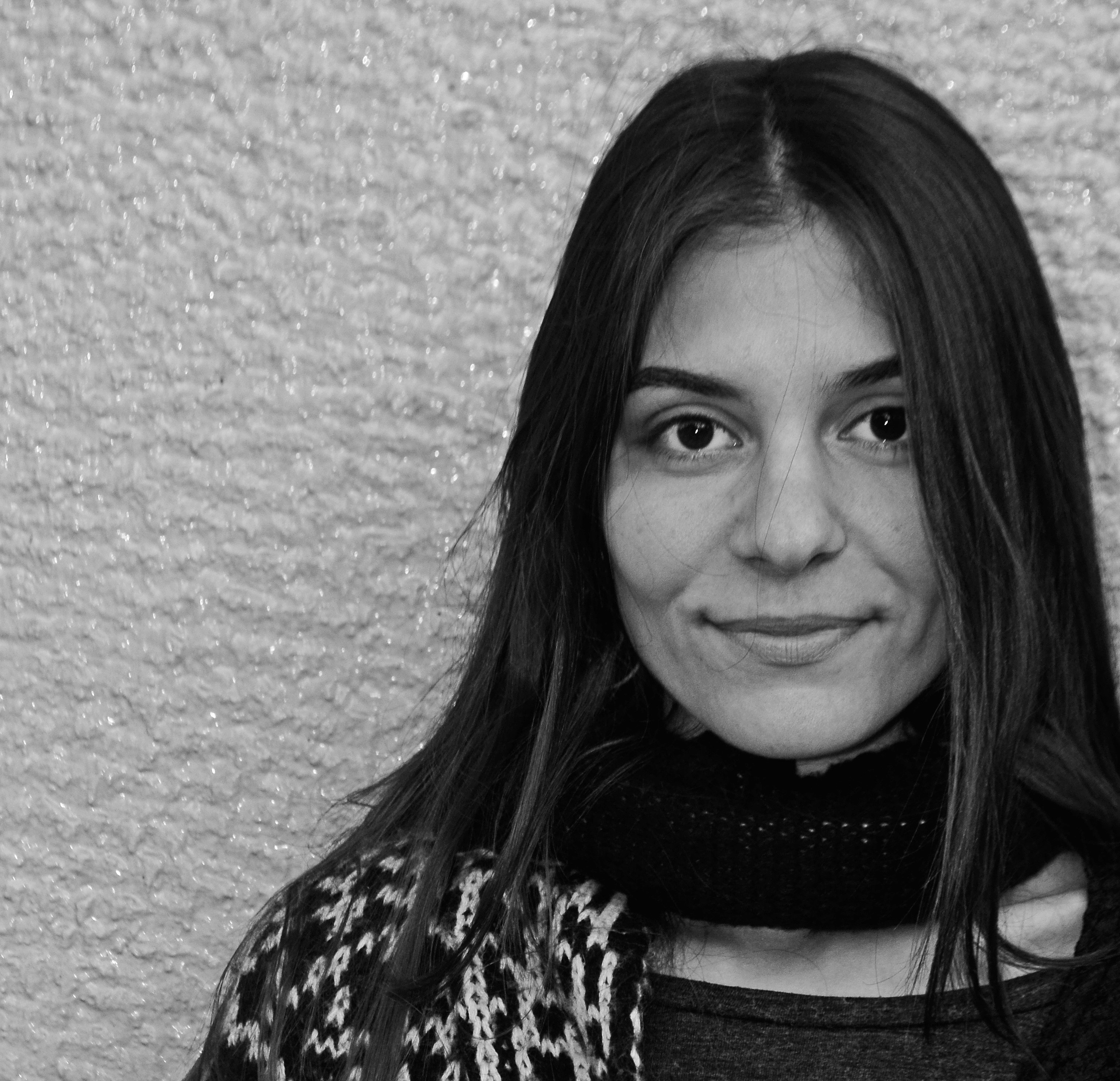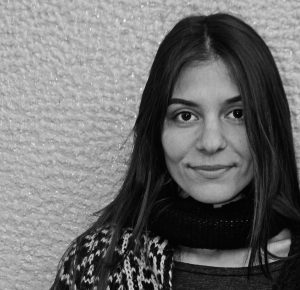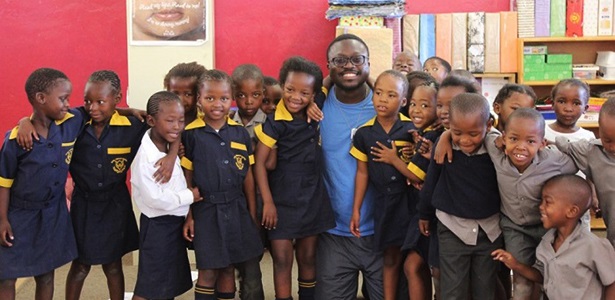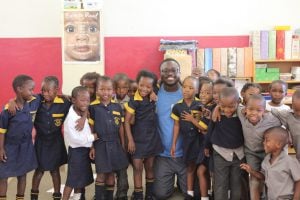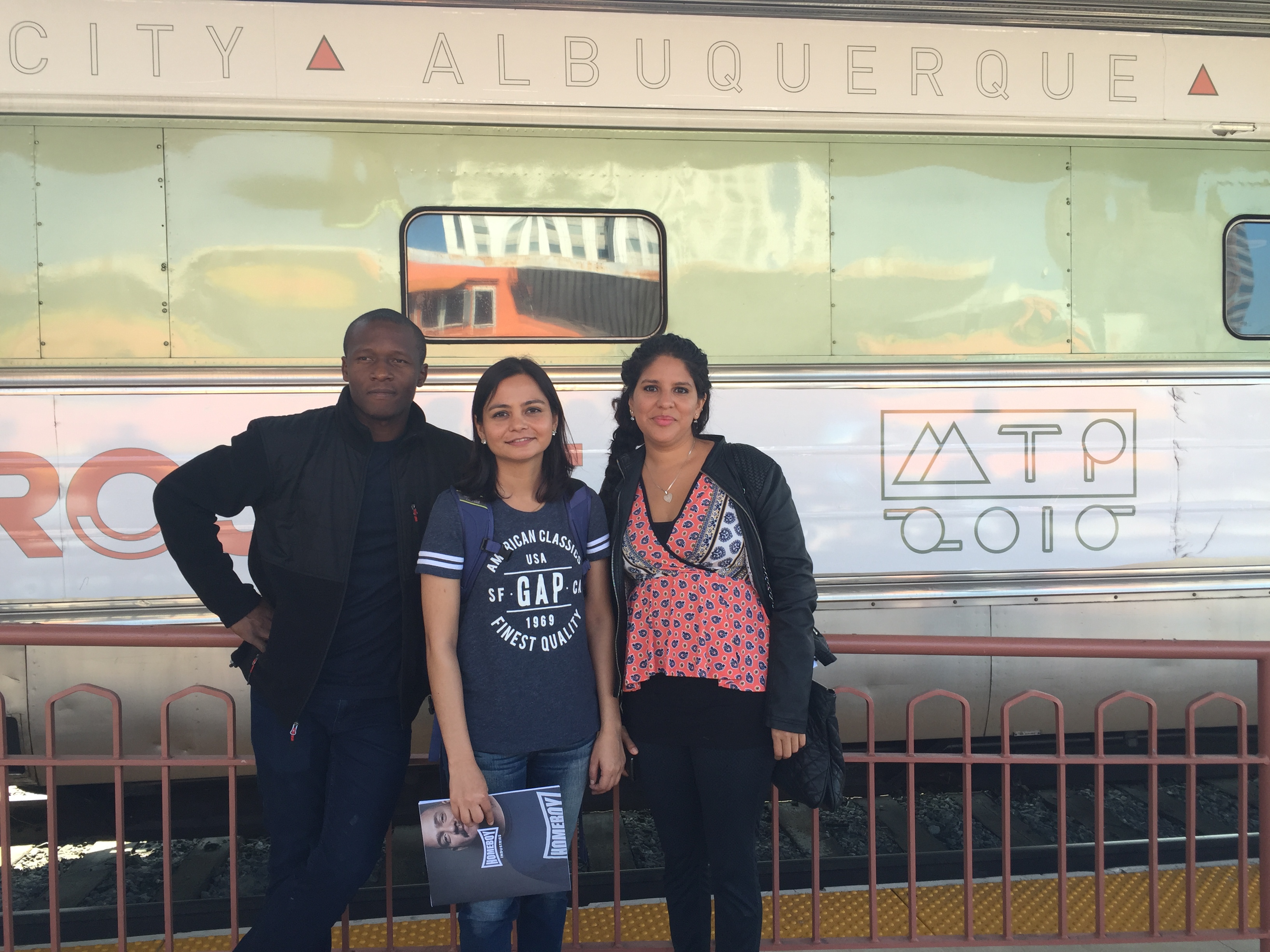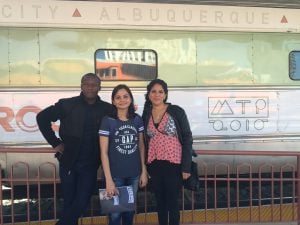
Richa Narula, 2015-2016, Nepal (center), with her fellow “Unity” Millennial Train Project Fulbright participants Christian Mpody, 2015-2017, Togo(left), and Laura Jimenez Morales, 2015-2017, Mexico (right)
Upon receiving an email about applying to this year’s Millennial Train Project (MTP), I knew that it could potentially be an opportunity of a lifetime. Exploring the United States with Americans while on a train seemed like an amazing idea, and I was so fascinated about the concept. But it took me quite a long time to finalize what project I actually wanted to do during the ten day journey. The idea for my current MTP project came from a recent conference (which I was able to attend, thanks to Fulbright ) I attended and presented on organizational preferences towards particular natural resources versus others. I had observed this kind of bias back in my home country, Nepal, but dismissed after coming to the United States. I thought that the biases would just be understood as another “developing country” issue. But that was not the case. I felt challenged after this conference to research the causes of such preferences and their effects on sustainability. I was looking for an appropriate opportunity for pursuing this research, but even when the application for the MTP was announced, the idea did not strike me immediately. I took some time to think and decided that this was the appropriate opportunity to pursue this research, and the project “Perception Differences and Effects in Sustainability” was thus initiated.
The MTP journey has been the perfect way to enhance my one year in the States. Because of MTP, I have explored many places that I never would have seen.
Throughout this year, I have generally been surrounded by other fellow Fulbright friends, and it was my keen desire to see how Americans perceive different national and international issues that we talk about amongst ourselves. During this trip, I am surrounded by amazing Americans from all walks of life with their own fascinating stories of hard work, success and failure. Listening to them passionately talk about the positive changes that they want to make in the world through their projects — words are not enough to explain that experience. It feels good to know that there are many Millennials who are trying to make the world a better place, in all the ways they can. I already know, within only five days of my trip, that I have made friends for life!
Continue Reading
